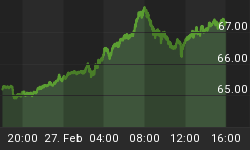The 1980s are far behind us, and 3D isn’t about making television more exciting anymore. We’ve gone far beyond film, and technological advancements mean that we can now print everything from the car we drive to the house we live in—but the healthcare industry will see the biggest revolution.
From construction to engineering, design and architecture—and now to the final product, the next big farms and factories will be massive installations housing 3D printing presses that will forever change how we build things.
#1 Your Next Home
How about a $10,000 home built in 24 hours?
Silicon Valley-based nonprofit New Story has joined forces with construction technology company ICON to design a 3-D printer for building homes for the world’s poorest. And this innovative collaboration has now developed the “Vulcan”—a construction 3D printer that can fabricate a four-room house in less than a day.

(Click to enlarge)
New Story is attempting to use its new 3D printer to print houses in areas affected by natural disasters.
The next step is bringing the printer to El Salvador, where New Story plans to build its first community of 3-D-printed homes later this year. The company also intends to build homes in the US eventually where housing shortages are reaching severe levels in some larger cities.
Between two and four workers are required to operate the 3D printer.
Related: India’s Banking Disaster Could Impact The Entire Region
The 800-sq-ft house cost around $10,000 to build using Icon’s proprietary Vulcan printer, but the company plans to eventually bring that price down to around $4,000. So, accounting for cost and labor, 3D makes sense in more way than one.
If this becomes a notion of big scale and mainstream commercialization, it would change the construction industry irrevocably. While it’s unlikely than any skyscrapers or even larger homes are going to be 3D printed in the foreseeable future, small houses are defiantly on the 3D side, and the ‘tiny house’ trend doesn’t hurt, either.
#2 Your Wheels
If you thought self-driving cars were as far as the automotive revolution was going to get in your lifetime, you were wrong. We’ll go electric and be driven around by artificial intelligence, but we may also be getting from once place to another in cars that came off the 3D printing press.
The new LSEV is proof. This small electric car is almost entirely 3D printed—everything except the chassis, seats and glass. And it’s even smaller than a Smart Car. It was unveiled at the China 3D Printing Cultural Museum in Shanghai in March, and this month it will make an appearance at the Beijing auto show.
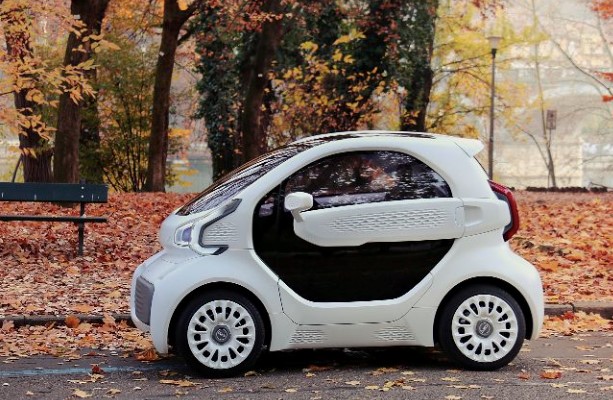
(Click to enlarge)
It’s made by Italy-based electric car company XEV in collaboration with Polymaker, a Chinese 3D-printing specialist. And they’re absolutely certain that 3D printing technology is about to revolutionize the automotive manufacturing industry.
Related: Why This Gold Rally Was Short Lived
In fact, they say, the LSEV “could be the milestone product in the adoption of 3D printing into mainstream production”.
#3 Pottery on Adrenaline
Yes, even soil can be 3D printed into something useful, thanks to the Institute for Advanced Architecture of Catalonia (IAAC), which has come up with a way to 3D print buildings from soil. Now they are on the look-out for a commercial partner.
They can create buildings out of soil for $1,000.
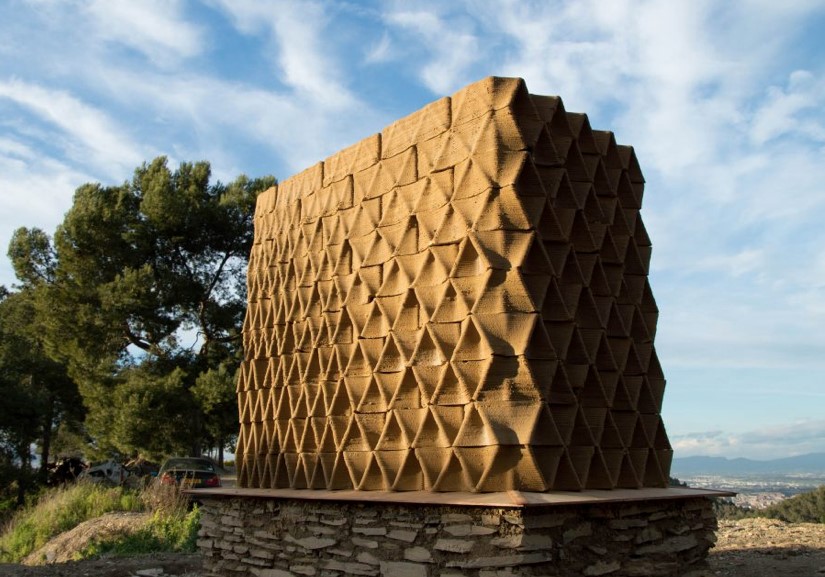
(Click to enlarge)
They’ve already built a line-up of structures up to two meters tall and are ready to 3D print a house—literally from the ground up. It’s back to the basics when man built from soil, but with a major 21st Century technological twist. Soil is only the base material: They’ve created a compound that contains 95 percent standard soil with a few additives that make its three times stronger than industrial clay.
#4 Bridge to the Future
MX3D 3D-printed this steel bridge across a canal in Amsterdam, with a little help from the above-mentioned IAAC.
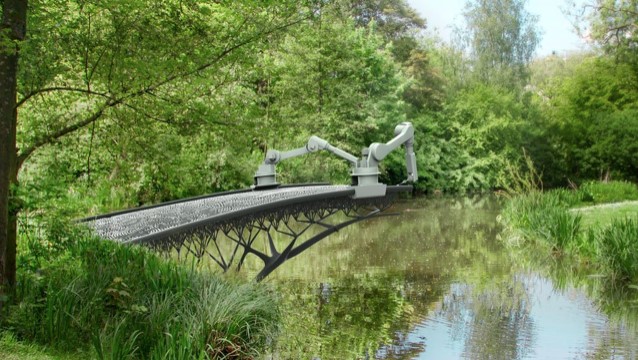
(Click to enlarge)
Two robots support themselves while printing, and thus solve one of the most complicated engineering feats in the construction industry.
#5 Medical Devices
Even the FDA is hot on the 3D printing trail for the healthcare industry. Orthopedic implant and device manufacturers are switching to 3D printing techniques because it makes developing customized sizes and shapes easier, more efficient and cheaper. That’s a huge game-changer for a single segment—orthopedic implants—which is expected to reach a worth of $970 million by 2027.
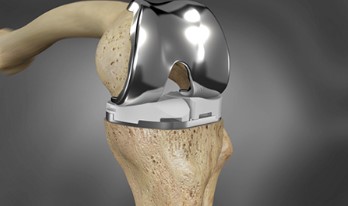
(Click to enlarge)
But for the healthcare industry, this goes way beyond anything we could have ever imagined. Most recently, the creation of prosthetic hands for a child in a day with a 3D printer in the world’s first clinical trial of a new type of prosthesis in Belfast hit the point home, hard. And it only cost about $7,000, compared to an $84,000 price tag that same level of traditionally manufactured prosthetic would carry today.
By Michael Kern for Safehaven.com
More Top Reads From Safehaven.com:




